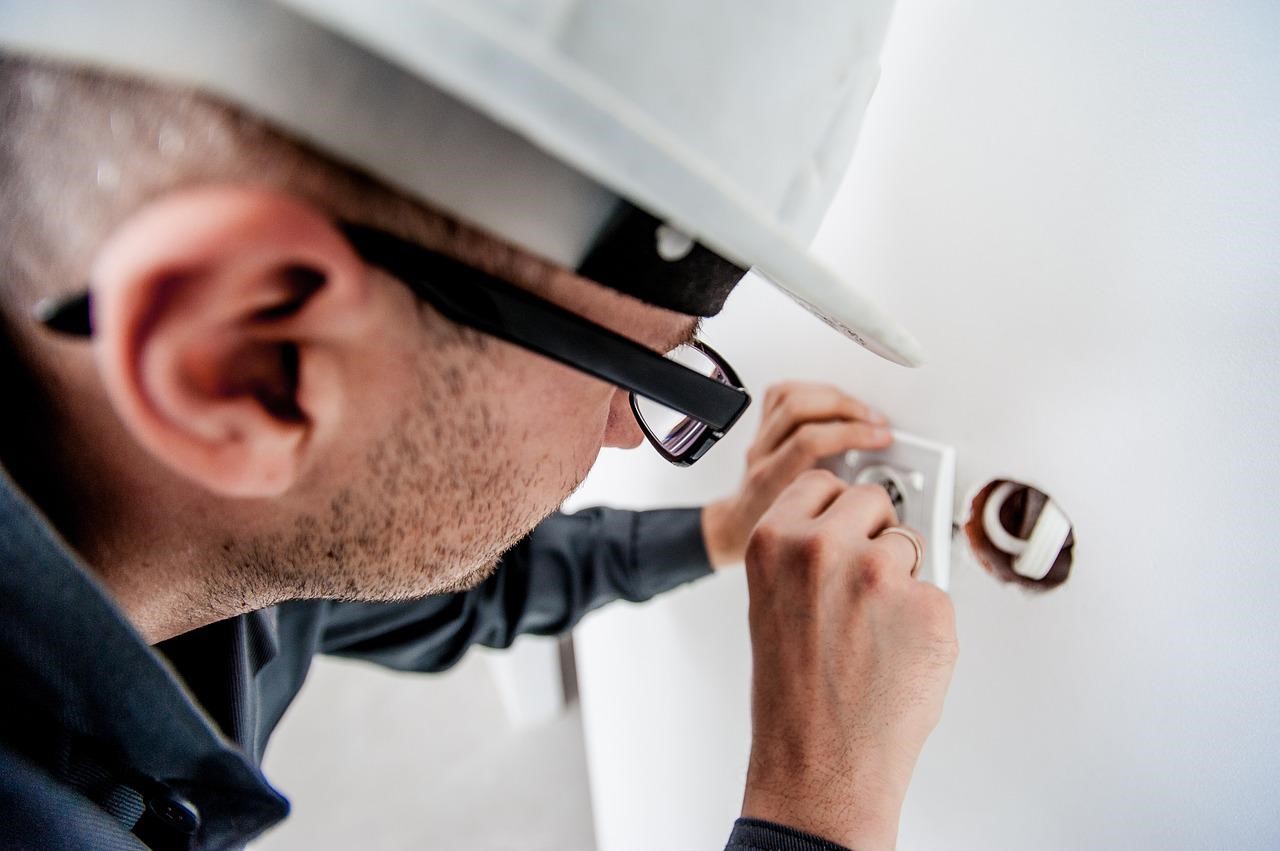Residential electricians are highly trained electricians who specialize in inspecting, installing, repairing, and maintaining electrical systems in residential properties. Some of their duties involve interpreting and editing blueprints and technical drawings, examining electrical systems, and installing new fixtures, wirings, and other electrical components. A residential electrician from a trusted electrical company also ensures that the electrical systems are installed according to local and national directives.
If you’re someone who’s looking to sign up for California electrical training, then
there’s no better time to start than now. You get real-world experience while
receiving your electrical certification.
Do Residential Electricians Exclusively Work On Houses?
Residential electricians generally work in all residential settings like single-family homes, multi-family buildings, condominiums, apartments, motels, hotels, and any other space intended for residential purposes. Thus, here is a list of a few of the services provided by a residential electrician:
- Electrical Upgrades: With the modernization of lifestyles comes the need to upgrade the electrical systems in your homes. This is done to ensure that the electrical systems can handle the power requirements of all the electrical equipment and appliances in your home, like computers, air conditioners, television sets, and other modern high-tech appliances that have become an essential part of our lives.
- Installation Of Fixtures: Residential electricians specialize in installing essential electrical components and equipment like lighting fixtures, fans, and power outlets. Installation of such fixtures requires a professional as they need to be checked and connected to a source that provides sufficient power for them to function properly.
- Installation of Surge Protectors: Whole-house surge protection is necessary to protect the appliances and devices plugged in during an electrical surge. They also protect the building from catching on fire due to sudden electrical surges. Residential electricians from a trusted electrical company also ensure that the surge protection installation is effective and will keep the property safe against sudden surges of electricity.
- Restoring Power To Dead Electrical Panels, Fuse Boxes & Power Outlets: Power outages can be caused due to various reasons. They may be caused due to surges in electrical supply or faulty wiring. Discovering the root cause behind the outage can usually be difficult, and they require inspection by a professional electrician to prevent any hazard.
- Restoring Power To Tripped GFCI Outlets: GFCI is short for ground fault circuit interrupter. These are outlets designed to protect the users against electrocution by shutting down the power supply if a problem is sensed. These are usually installed in bedrooms, kitchens, bathrooms, and basements of new houses. Fixing a problem with the GFCI outlet requires a professional and is not safe to be carried out by an inexperienced individual.
New Home Wiring, Existing Home Lighting, and Appliance Installation
Hiring an experienced resident electrician from a trusted electrical company is always advised when getting the wiring done in a new home. The same goes for installation, repairs, and maintenance of existing or new lighting or other electrical appliances.
Residential electricians possess the expertise and experience required to install, repair, and maintain electrical systems and equipment meant for residential spaces. They can make sure that your home’s electrical systems are safe and ensure their proper functionality and power consumption.

